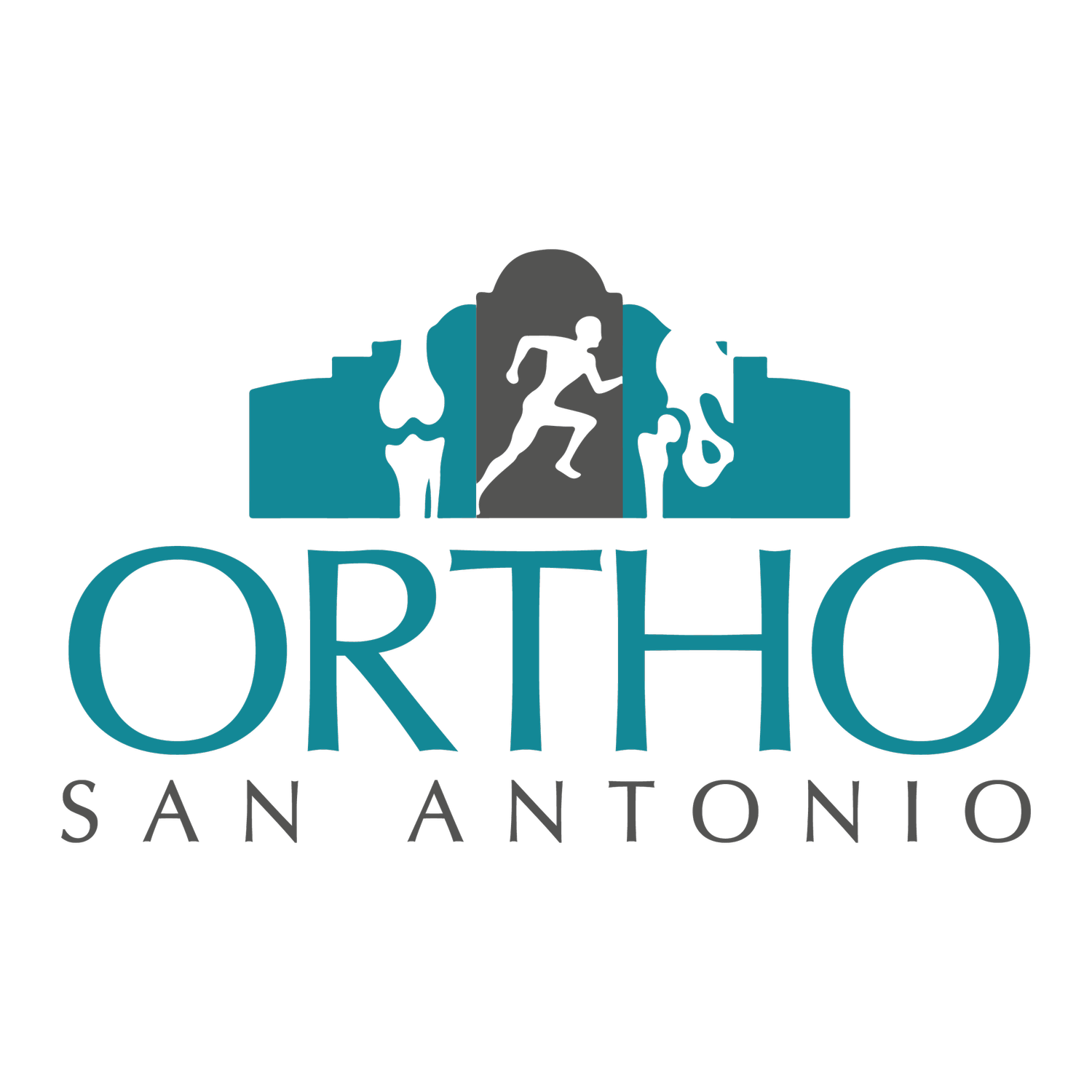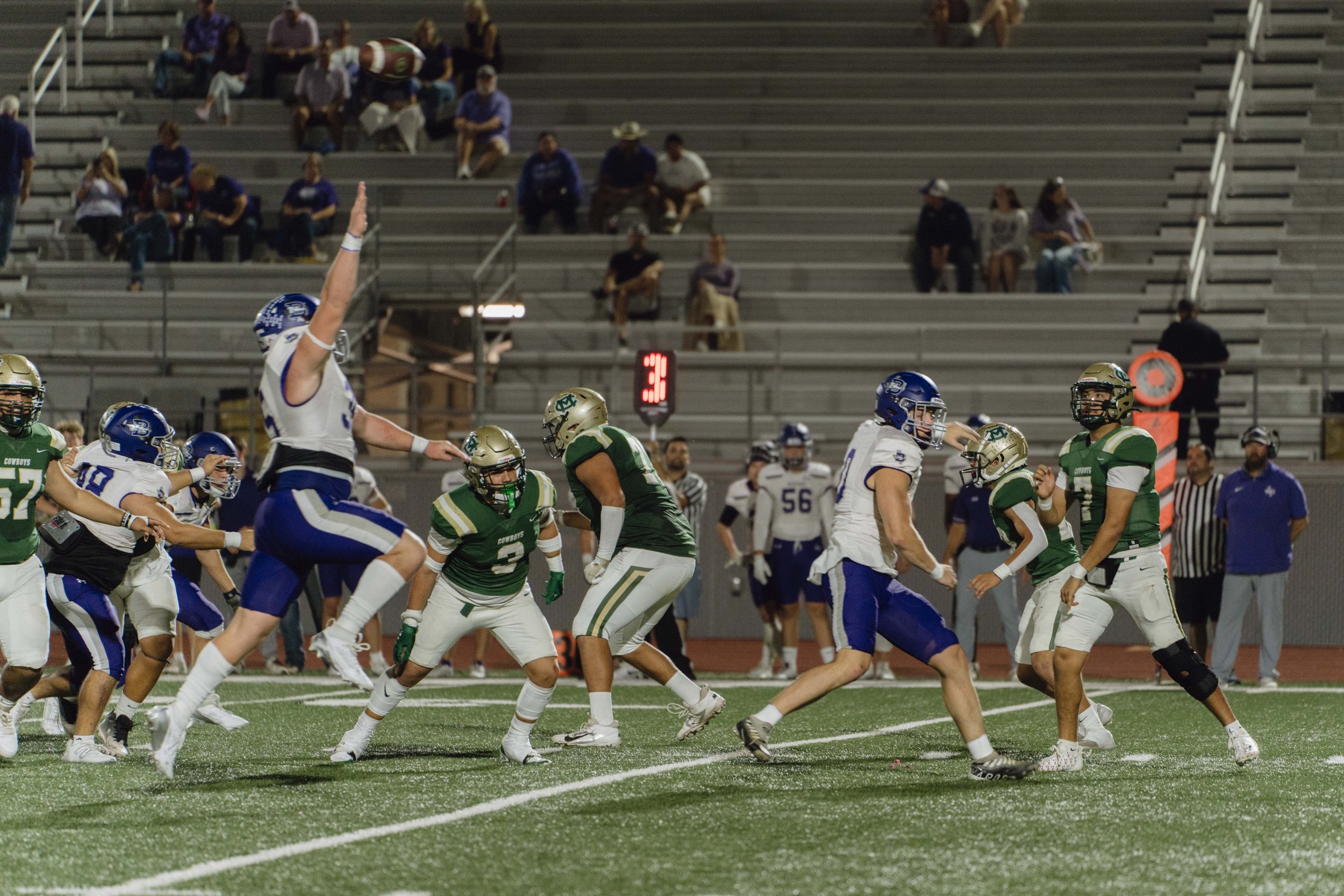
concussion management in San Antonio
What Is a Concussion?
A concussion is a mild traumatic brain injury resulting from a blow to the head, a jolt to the body, or any force causing the brain to rapidly shift within the skull. This force causes the brain to briefly and temporarily disrupt its normal functions. Concussions are often associated with sports-related injuries, car accidents, falls, and other incidents where there is a blow to the head or a sudden acceleration or deceleration of the body. It's important to note that not all head injuries result in concussions, and their severity can vary widely.
COMMON MISCONCEPTIONS ABOUT CONCUSSIONS
There are several common misconceptions about concussions, and it's important to dispel these myths to better understand and manage this injury. Here are some common misconceptions:
You must lose consciousness to have a concussion
Fact: Loss of consciousness is not required for a concussion diagnosis. In many cases, people who experience concussions remain conscious throughout the event. Symptoms can manifest immediately or take some time to appear.
Concussions only happen in contact sports
Fact: While concussions are more commonly associated with contact sports like football and hockey, they can occur in a wide range of situations, including car accidents, falls, and non-contact sports. Any significant blow to the head or body can potentially result in a concussion.
Concussions are always accompanied by loss of memory (amnesia)
Fact: While amnesia or memory problems can occur with concussions, it's not a universal symptom. Many people with concussions do not experience memory loss. Symptoms vary from person to person.
Causes of a concussion
Common causes of concussions include:
Direct trauma to the head either through an accident, fall, or sports related injury
Sudden impact or jolt to the body that causes the head to move quickly
Car accidents or other vehicle collisions
Physical altercations or assaults
Slip and fall accidents, especially on hard surfaces
Contact sports like football, soccer, and hockey
& More
symptoms of a concussion
There are several symptoms to look out for if you have sustained a concussion:
Headache
Sensitivity to light
Sensitivity to noise
Confusion
Memory problems
Lack of balance
Nausea and vomiting
Fatigue
TREATMENT OPTIONS FOR a concussion
Treatment for a concussion typically involves rest, both physically and cognitively, during the initial recovery period and avoiding activities that could worsen symptoms. Pain management with medications like acetaminophen may be used for headache relief. A gradual return to normal activities, such as school or work, is recommended once symptoms improve, under the guidance of a healthcare provider. Close monitoring for any worsening symptoms is essential in the first 24-48 hours. Preventing re-injury is crucial, and in severe cases or if symptoms worsen, medical evaluation and neuroimaging tests may be necessary to rule out more serious brain injuries.
REPERCUSSIONS OF NOT TREATING A CONCUSSION
Neglecting the treatment of a concussion can result in a range of adverse consequences, both in the short term and long term. These include prolonged recovery with persistent symptoms disrupting daily life, an increased risk of subsequent concussions and potentially life-threatening second-impact syndrome, the development of post-concussion syndrome with enduring symptoms, cognitive and emotional issues like memory problems and mood disturbances, impaired academic or professional performance, a heightened risk of chronic traumatic encephalopathy (CTE) from repeated concussions, possible neurological complications, and an overall reduced quality of life. Seeking immediate medical attention and adhering to proper concussion management protocols are essential to minimize these repercussions and ensure a safer and more complete recovery.
Why is it important to get a concussion evaluated?
Did you know that with every concussion that you get, you are at a higher risk to get another one? It's of utmost importance to not only get evaluated, but to complete your whole treatment for a concussion in order for your brain to have enough time to fully recover and get back to your baseline.
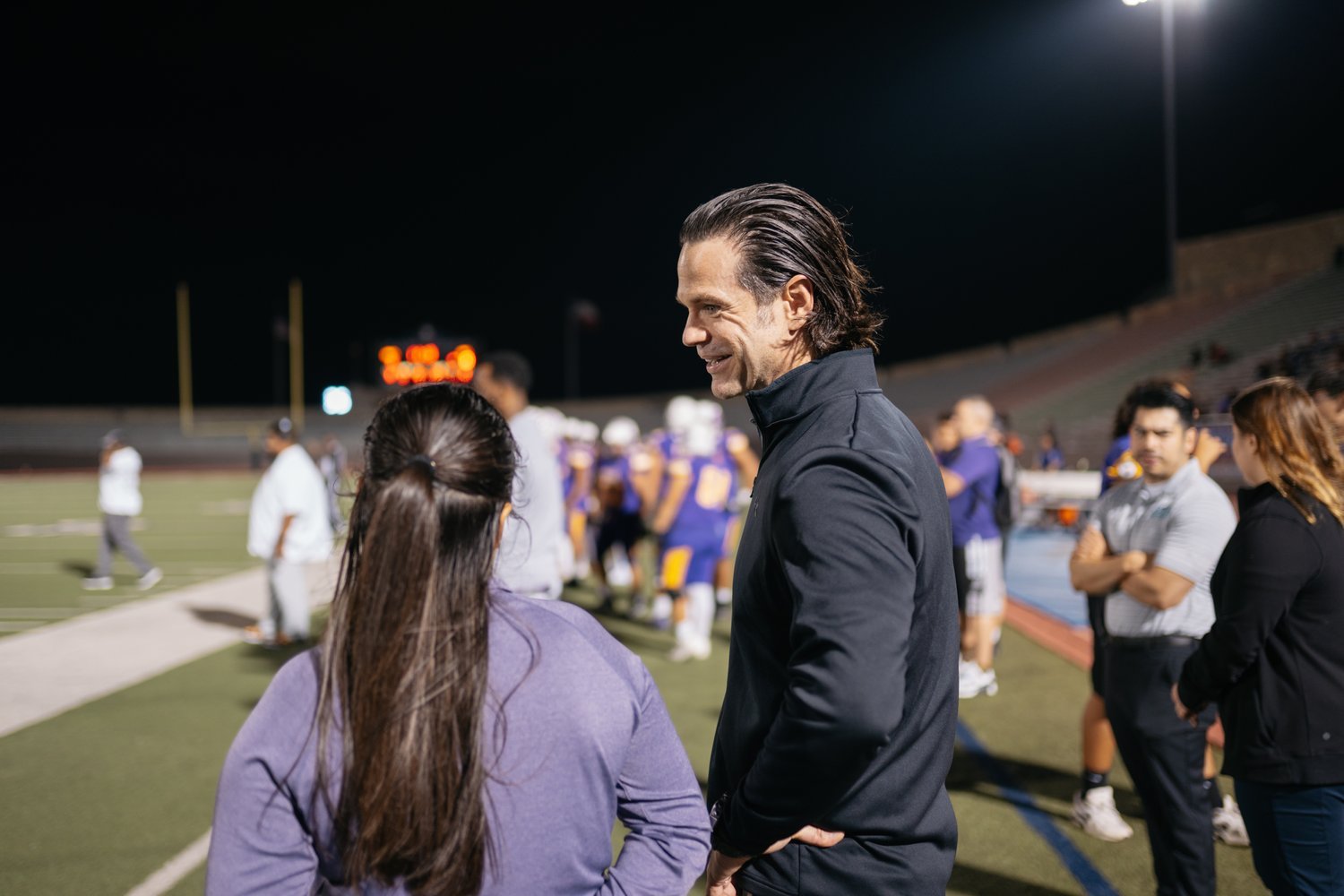
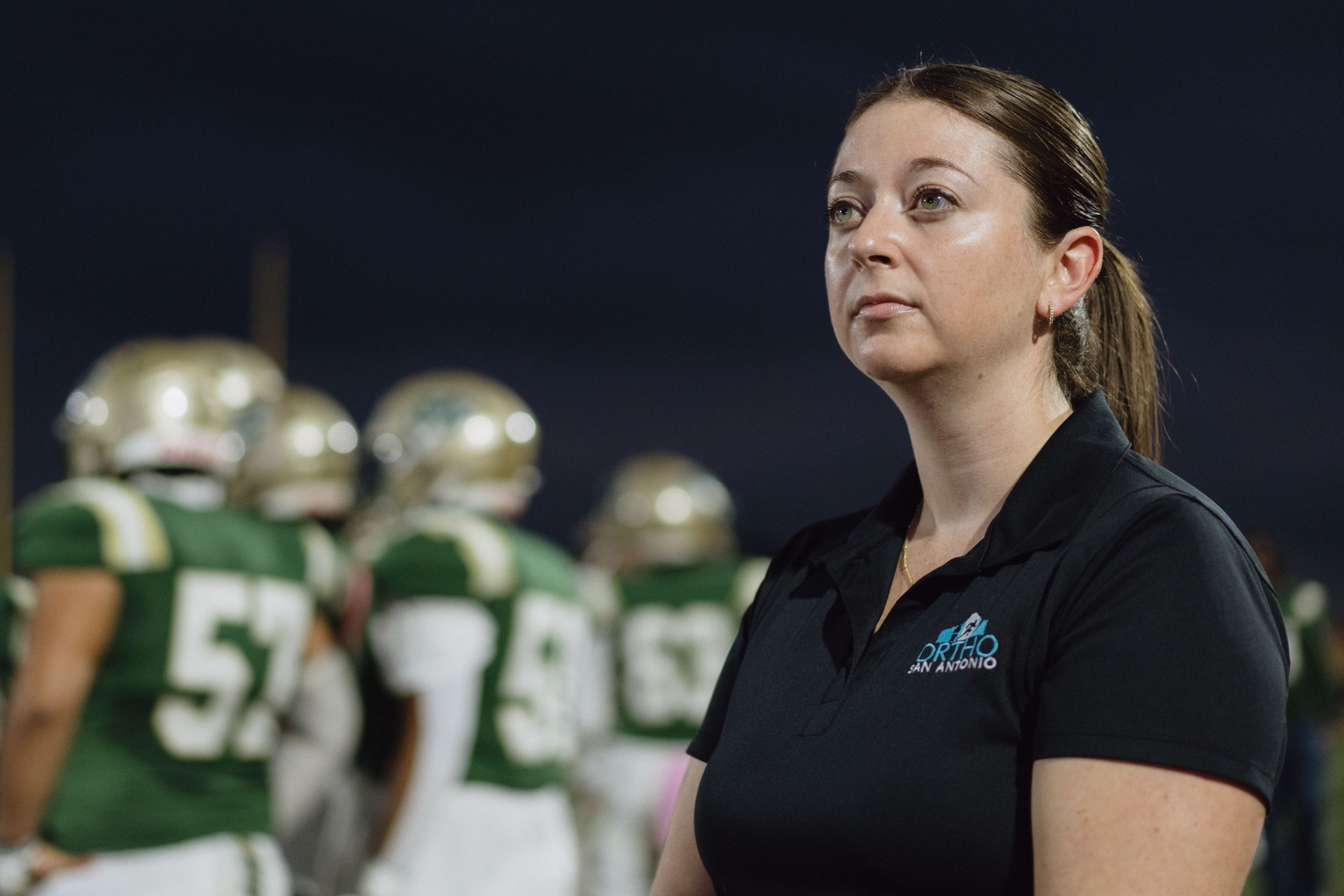
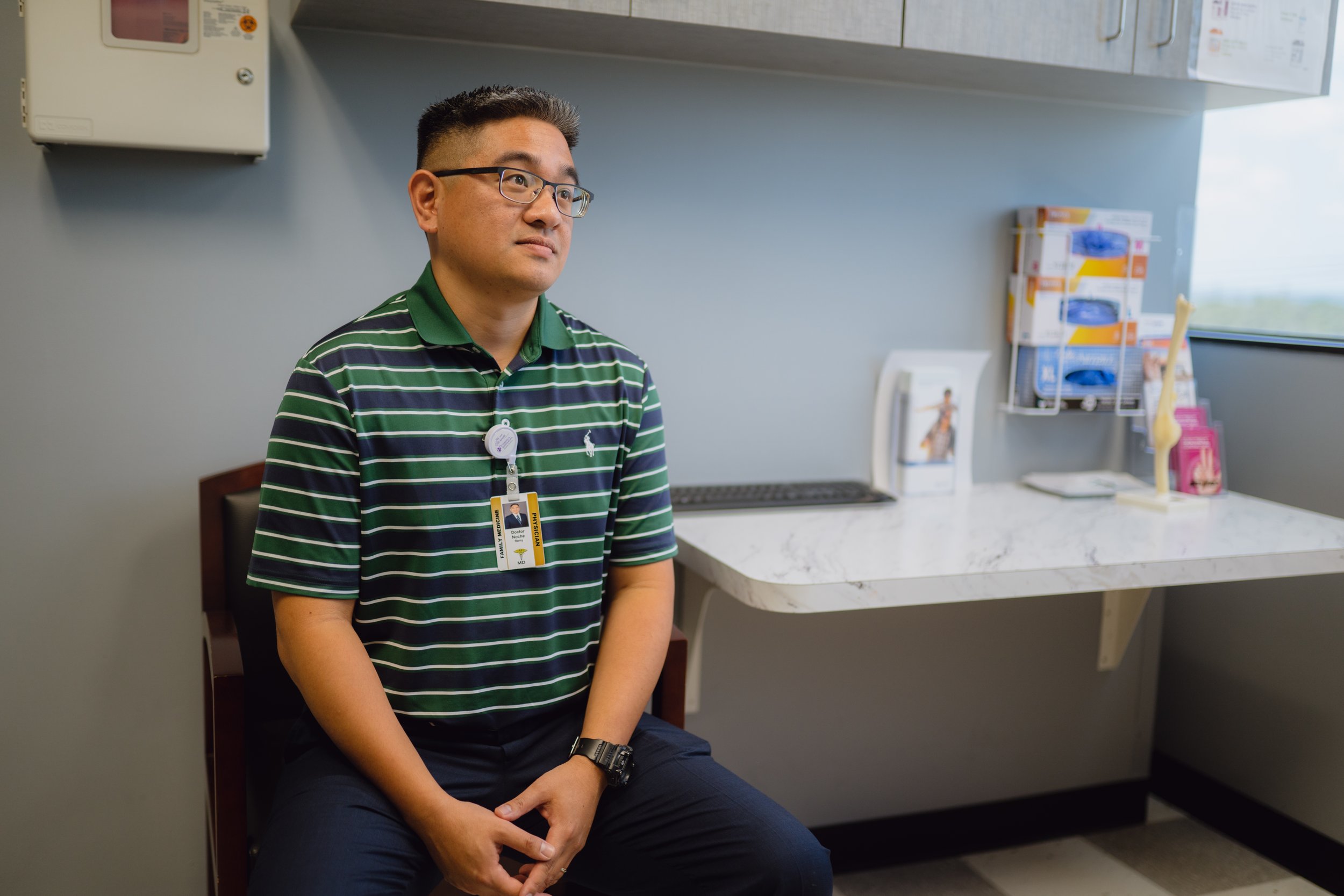
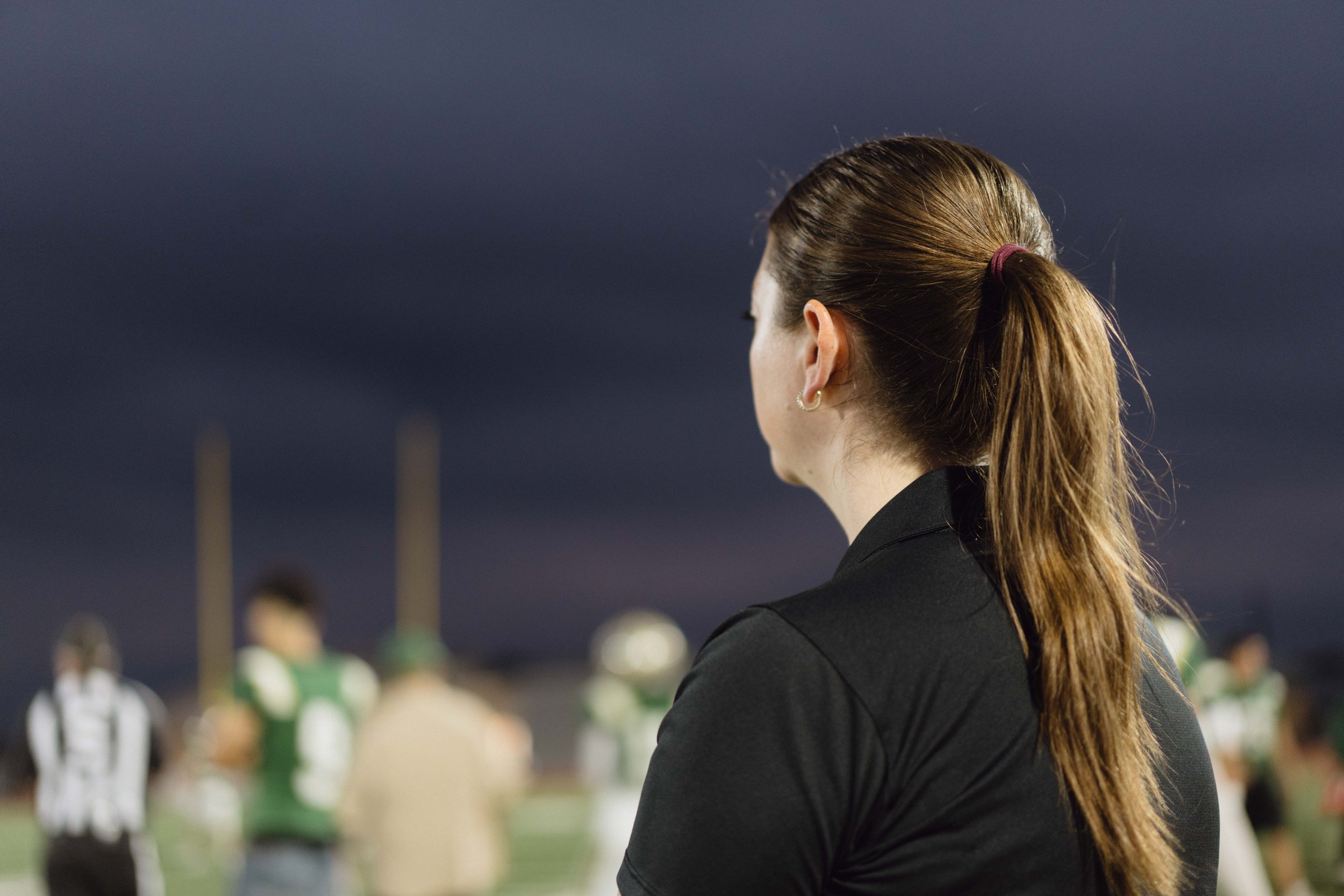
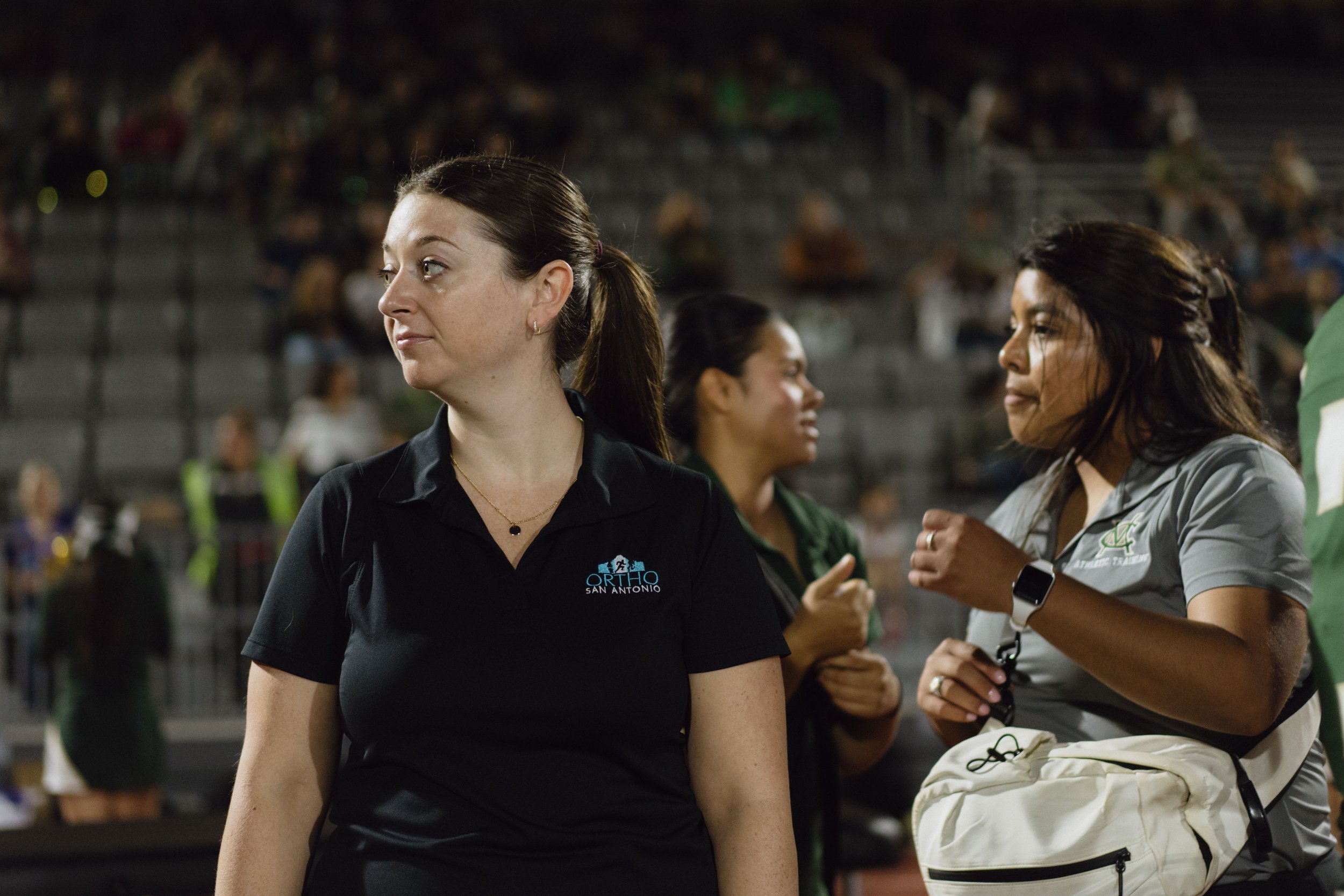
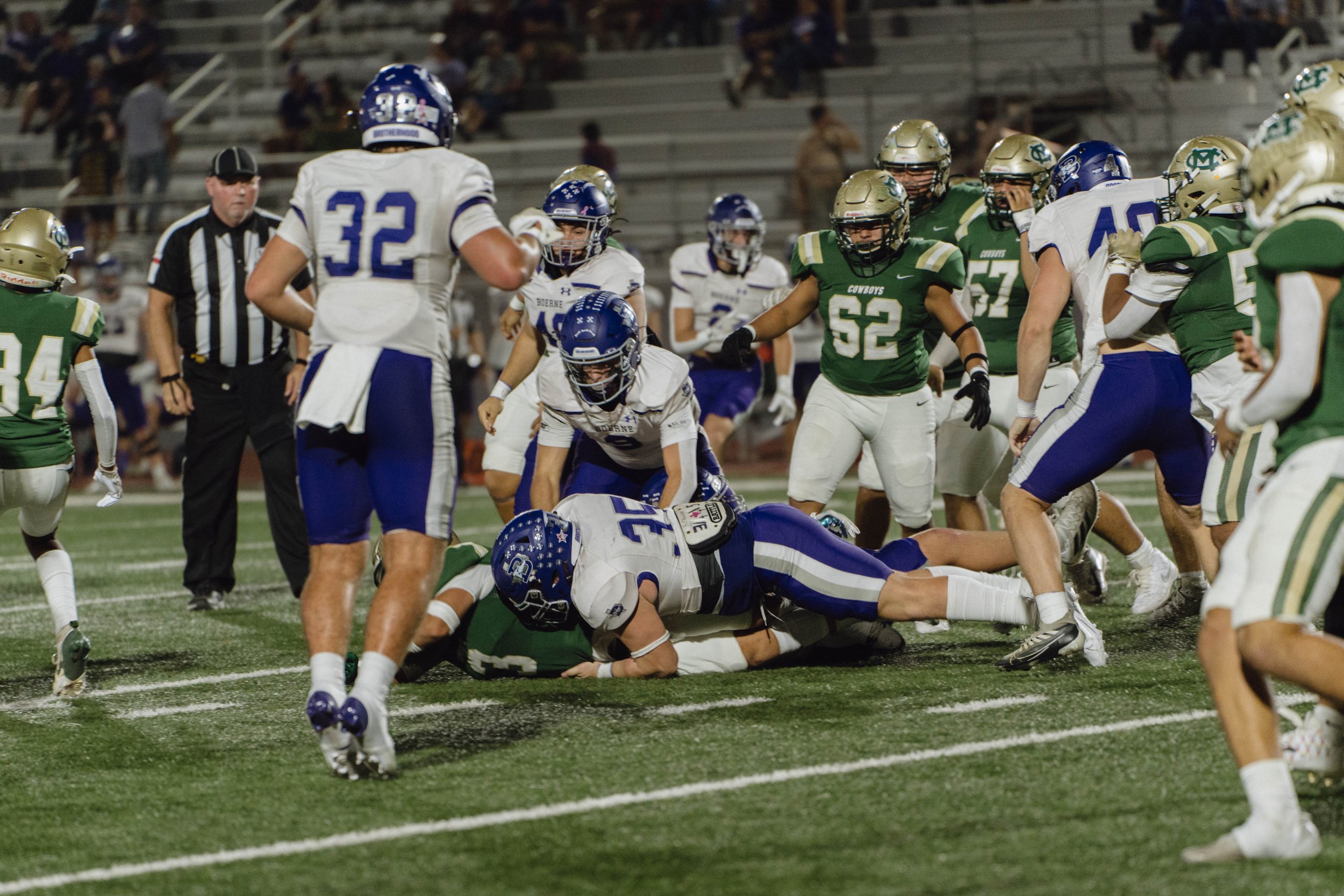
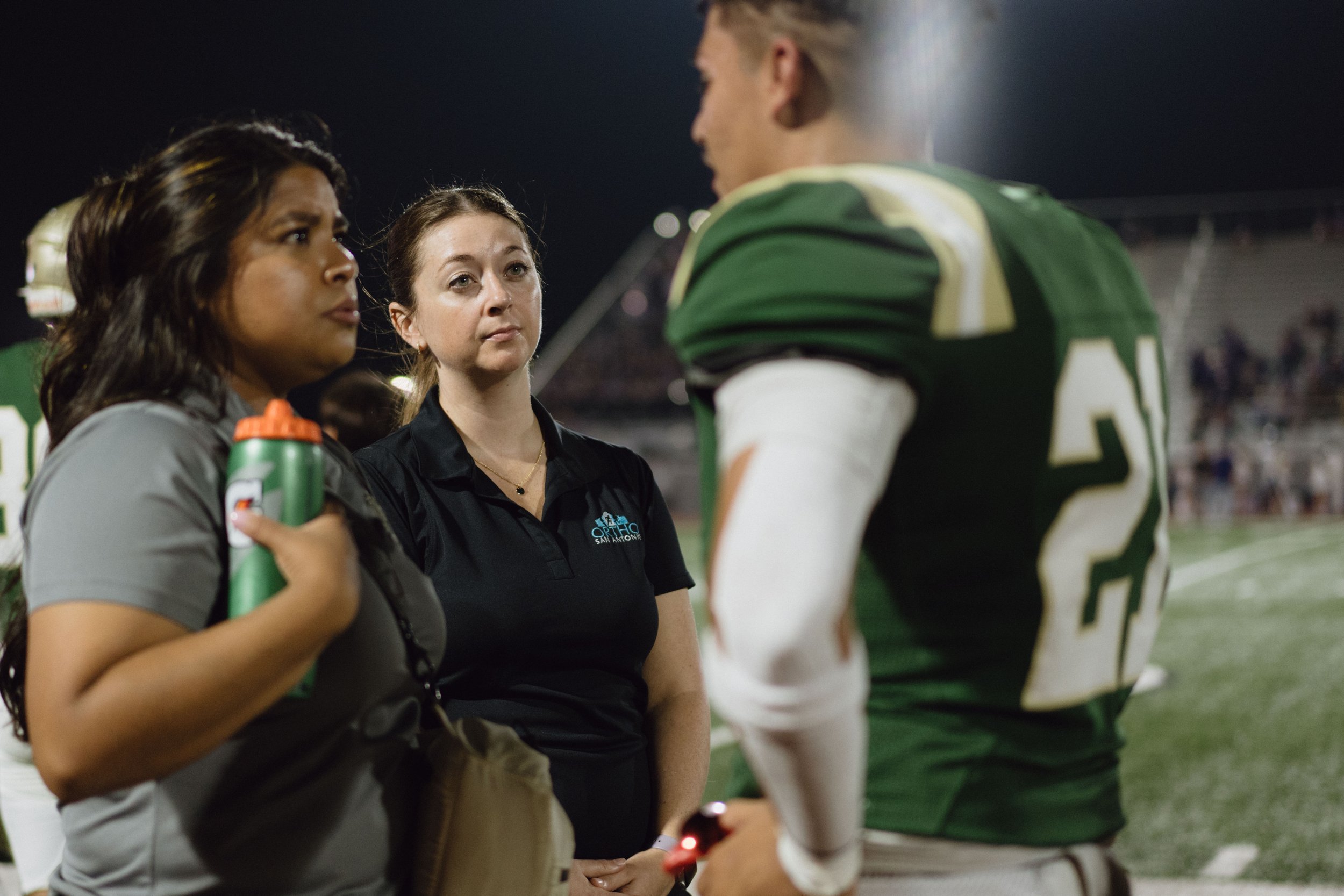
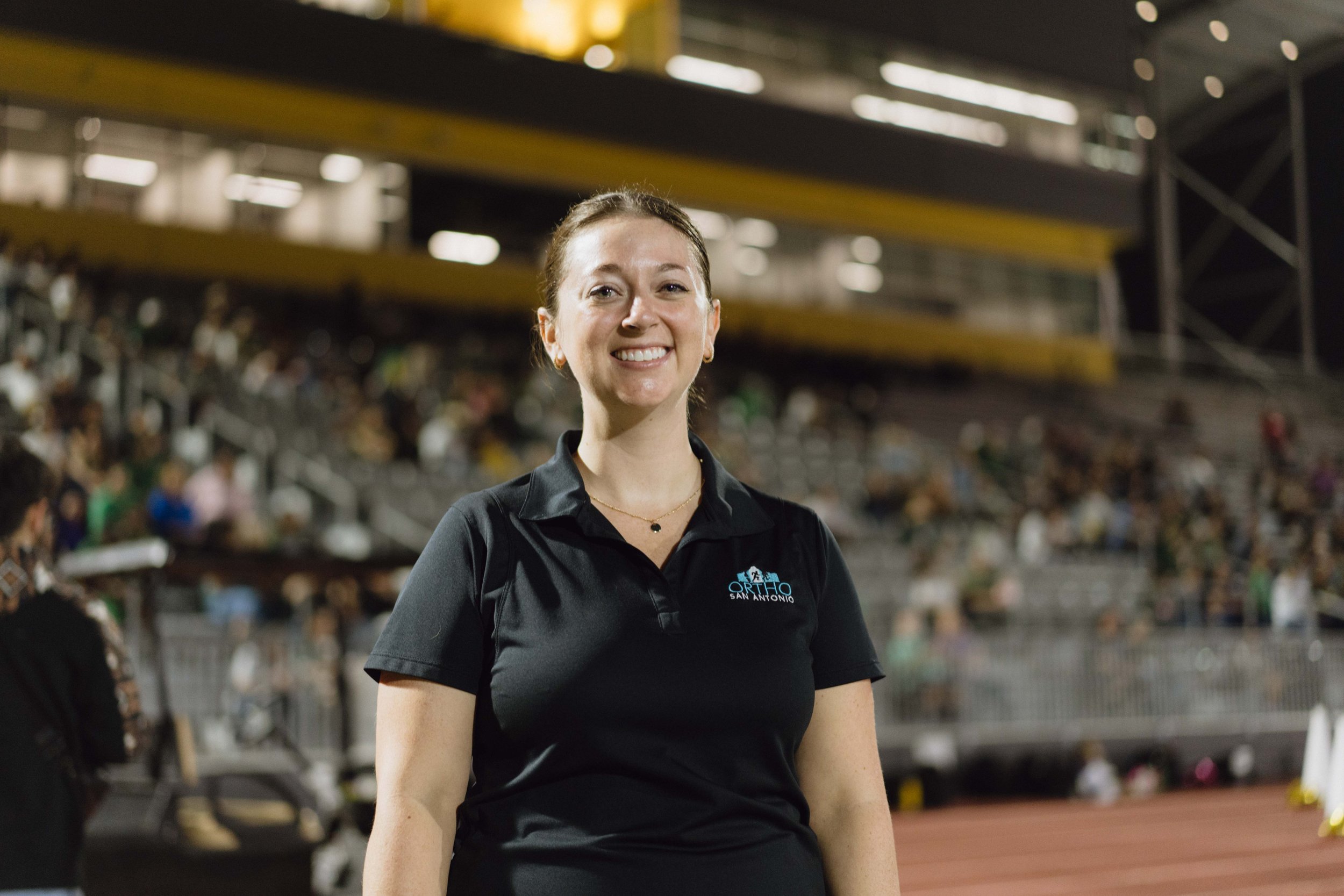
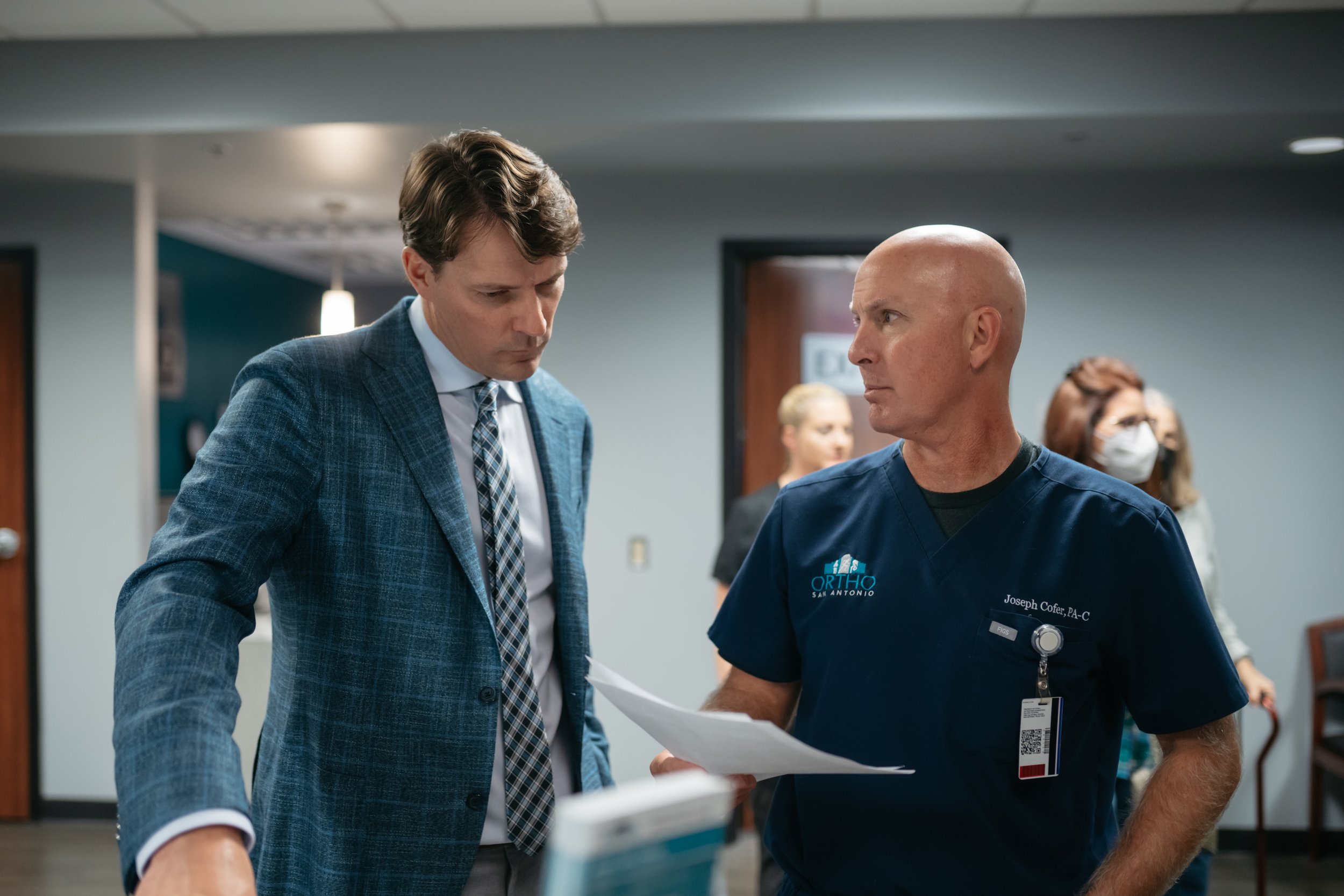


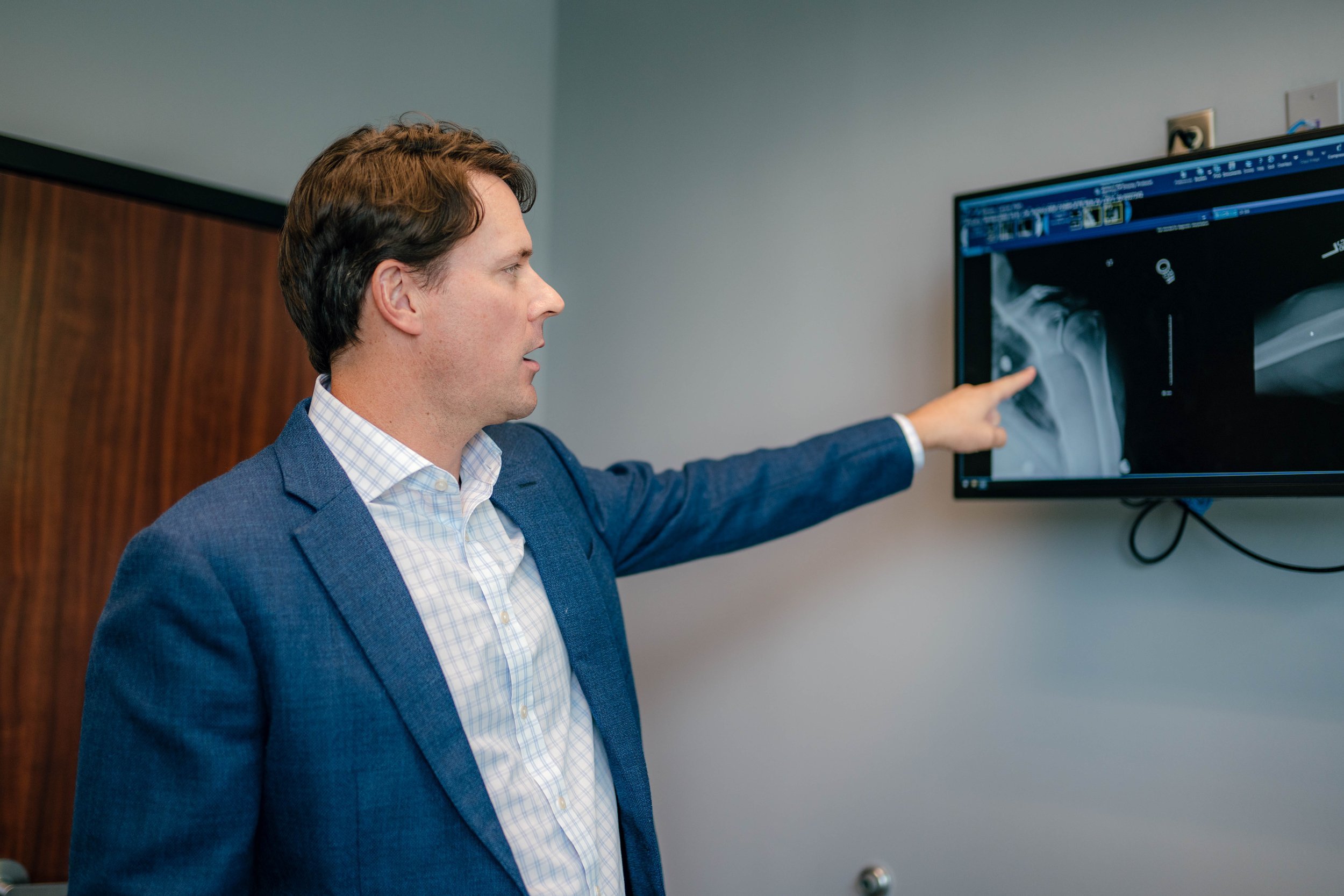
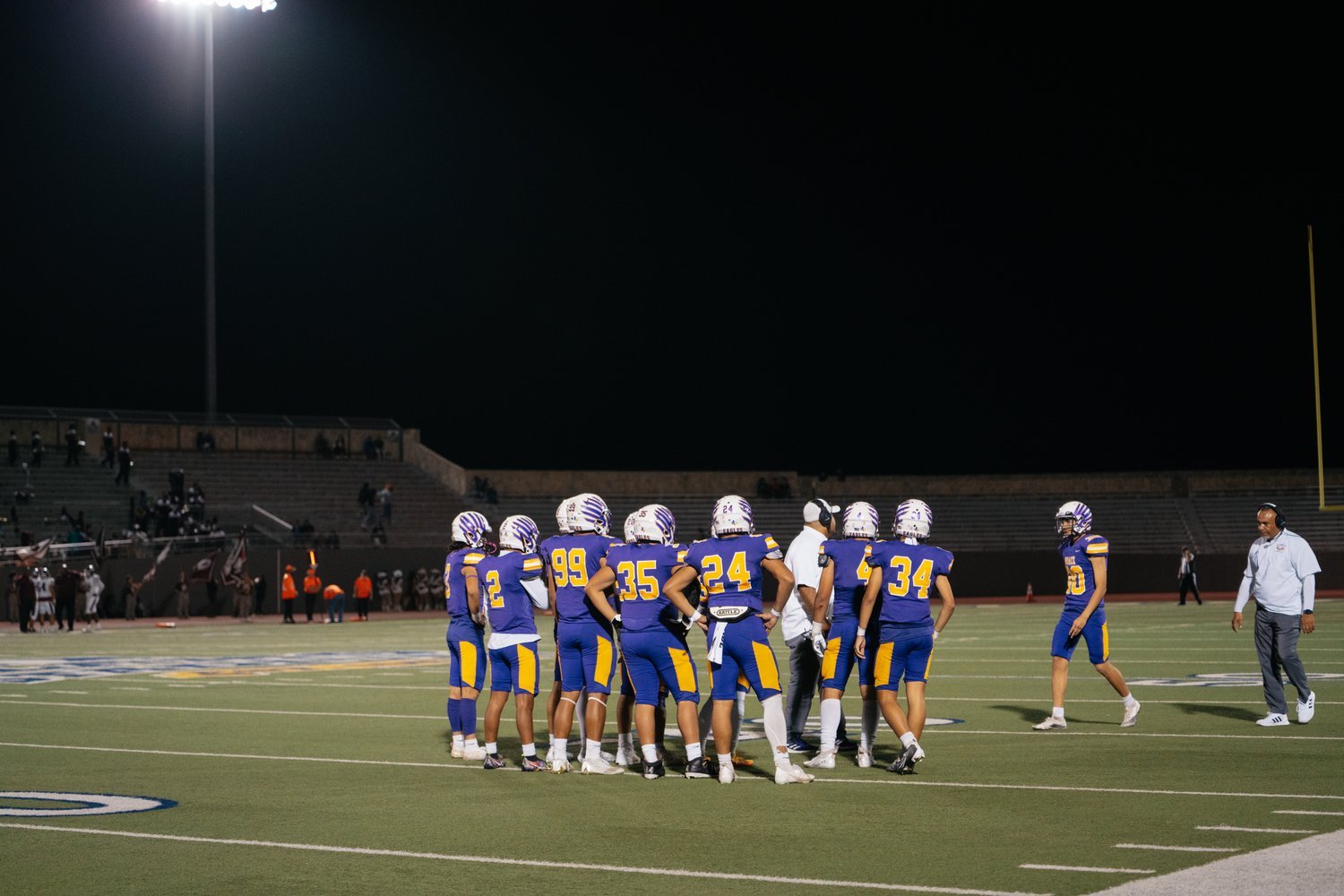
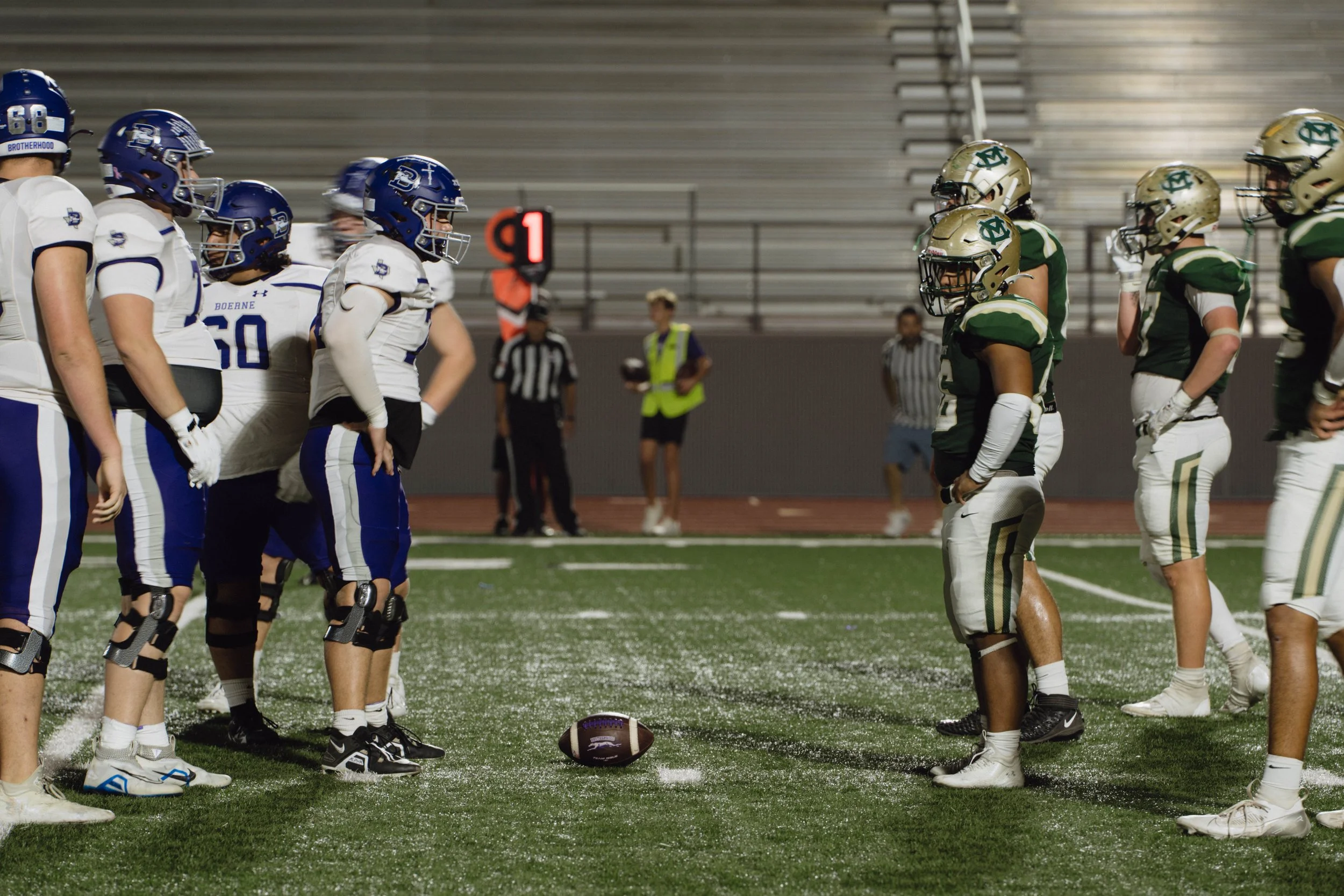
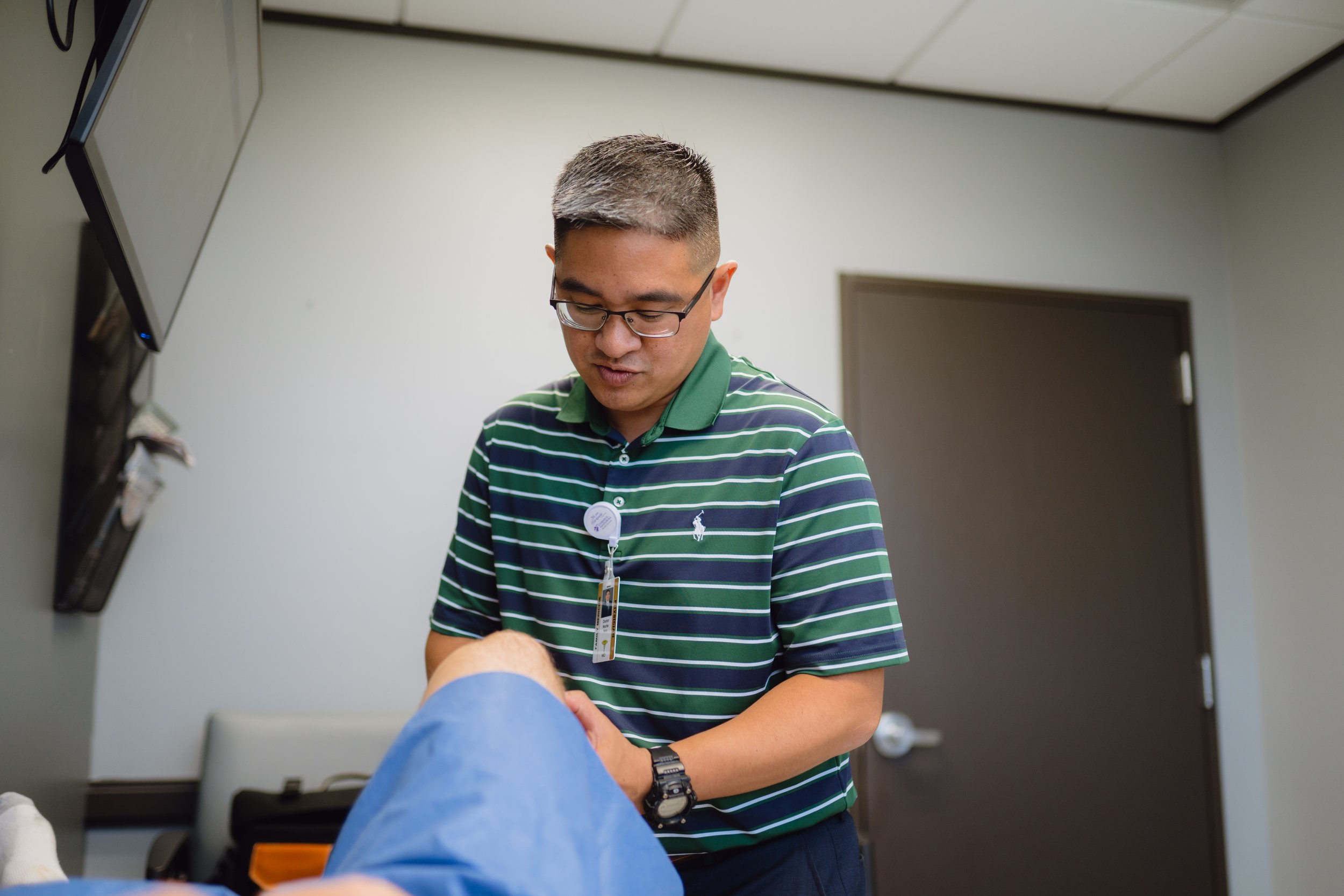
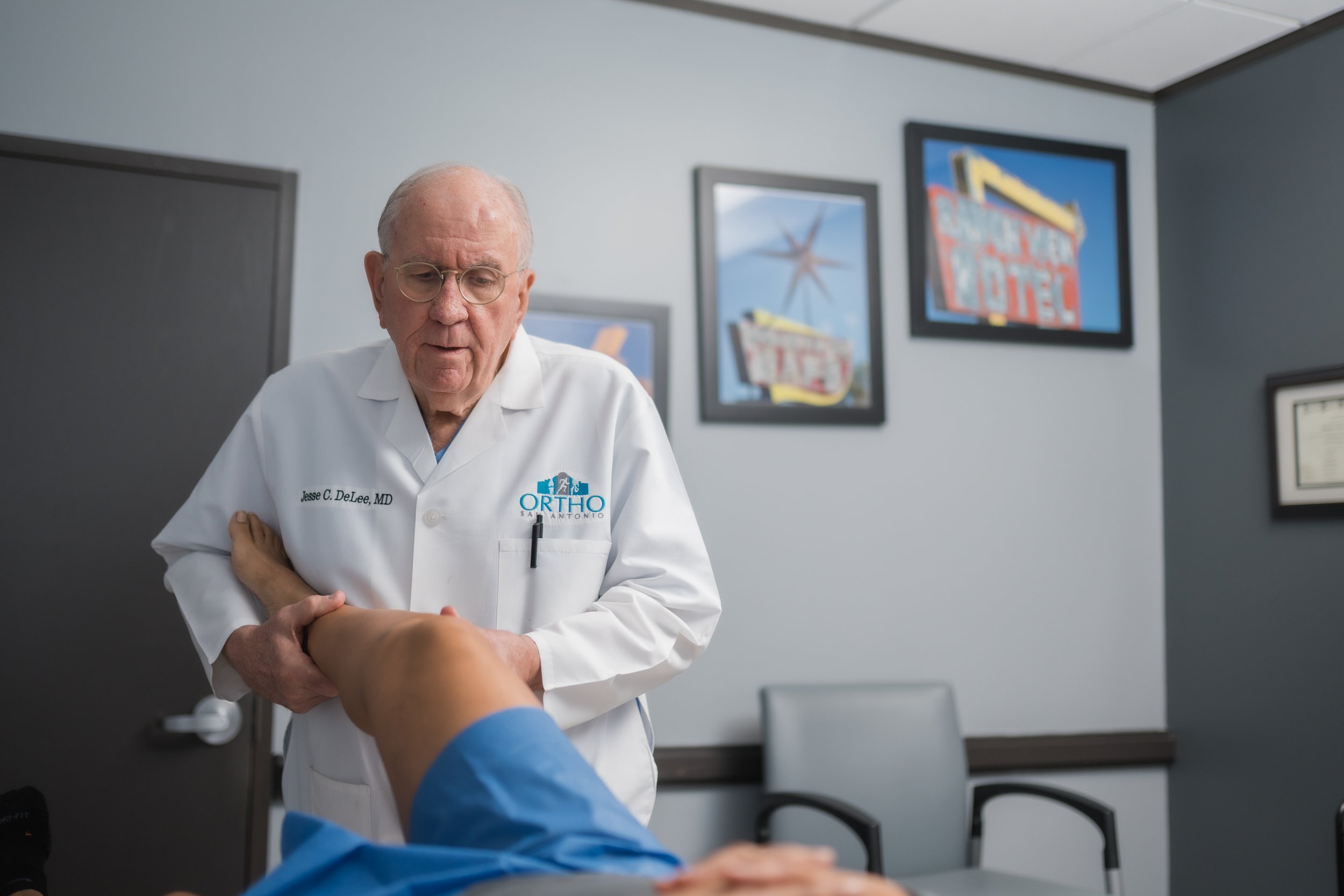
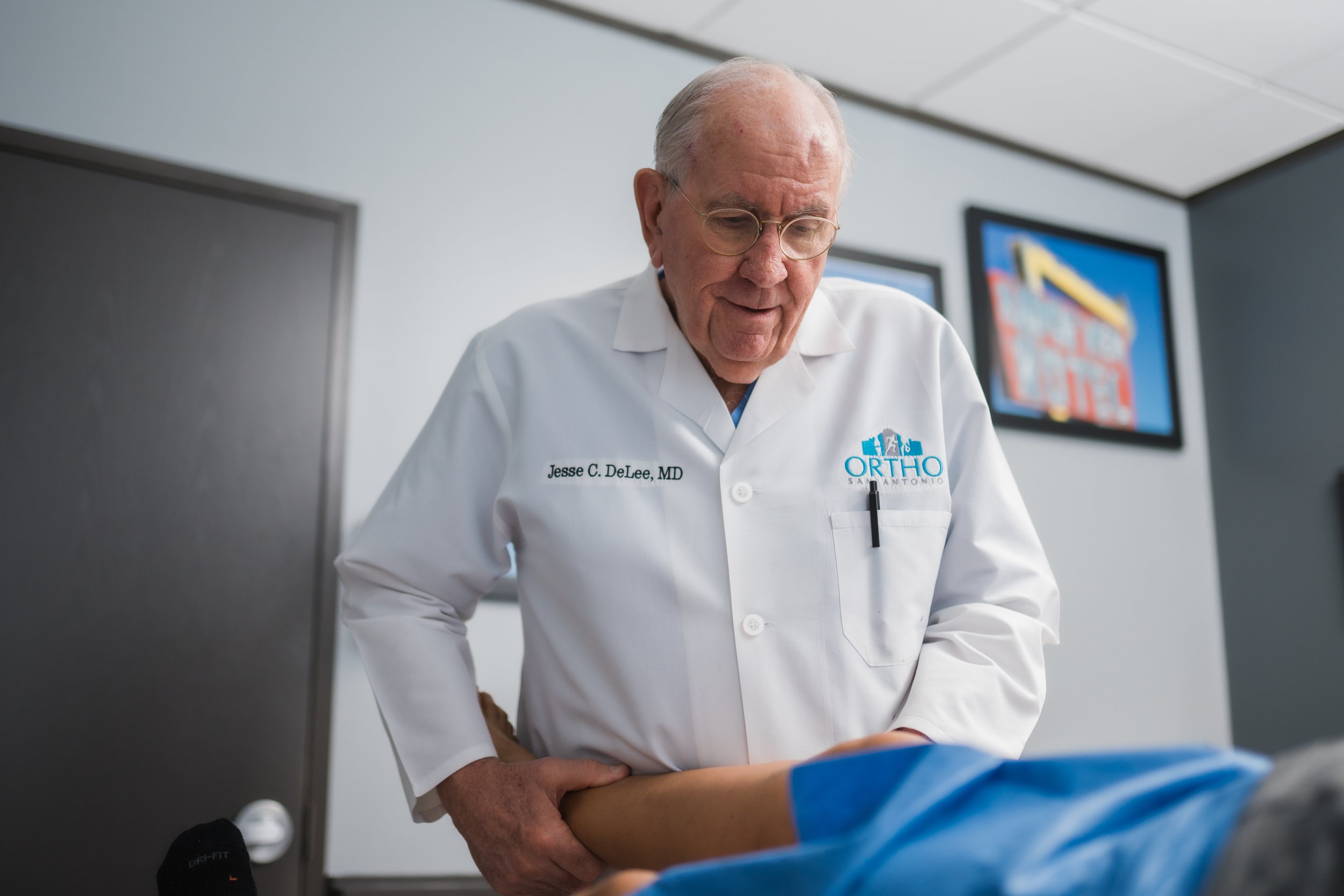
MEET OUR SPORT MEDICINE PHYSICIANS
-

Dr. Matthew Murray
-

Dr. Travis Burns
-
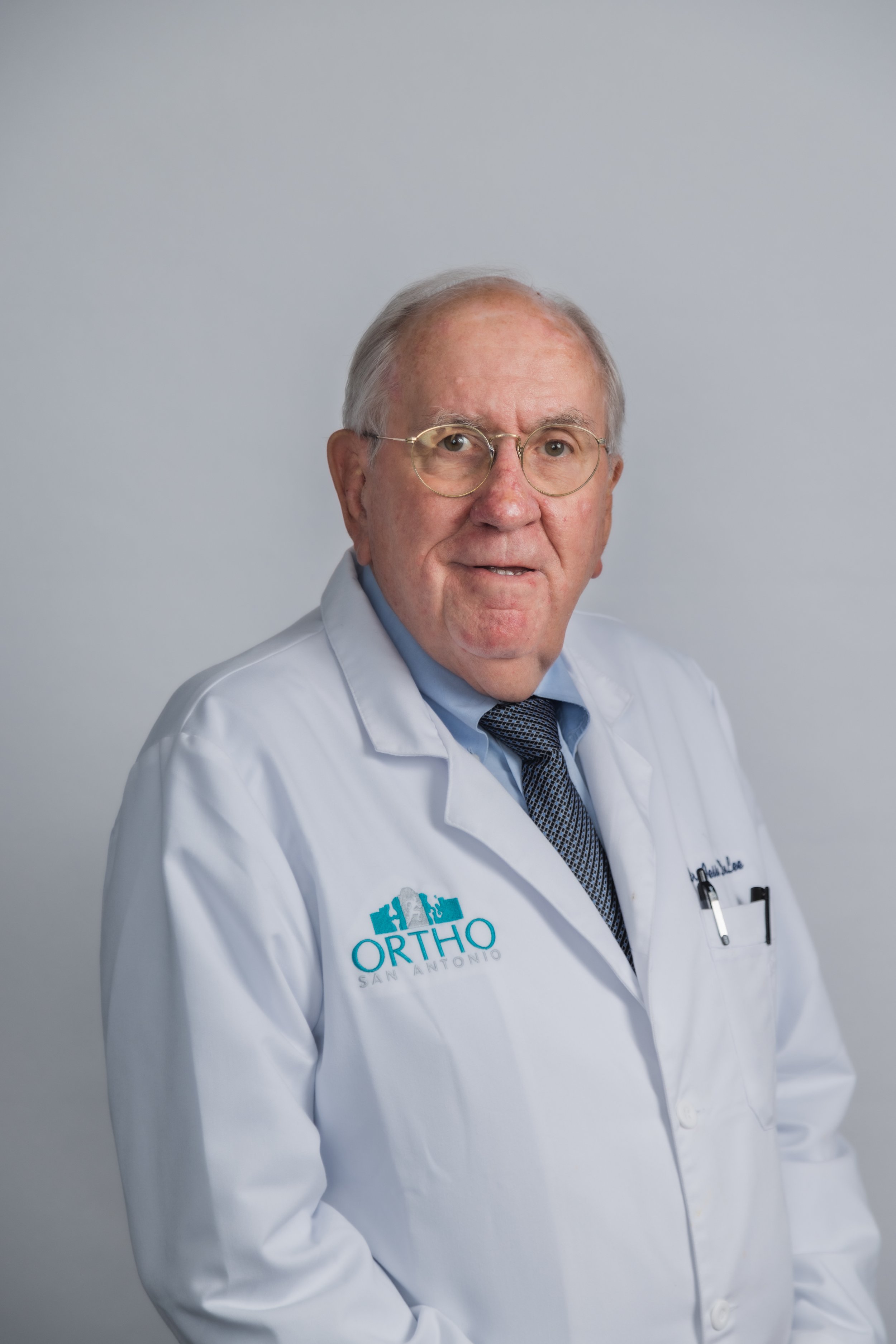
Dr. Jesse Delee
-

DR. RAMY NOCHE
-

Dr. Samantha Baginski
Our Locations
-

Alamo Heights
Address: 423 Treeline Park, Suite 350, San Antonio, TX 78209
-

Westover Hills
Address: 11212 State Highway 151, Medical Plaza 1, 2nd Floor, Suite 200, San Antonio, TX 78251
-

Medical Center
ADDRESS: 2833 Babcock Rd, Tower 2, Suite 435, San Antonio, TX 78229
-

Boerne
ADDRESS: 138 Old San Antonio Rd, Suite 302, Boerne, TX 78006
-

Southside
8726 Poteet Jourdanton Fwy Acc Rd, San Antonio, TX 78224
-

Castroville
-

Schertz
Address: 6051 FM 3009, Suite 260, Schertz, TX 78154
